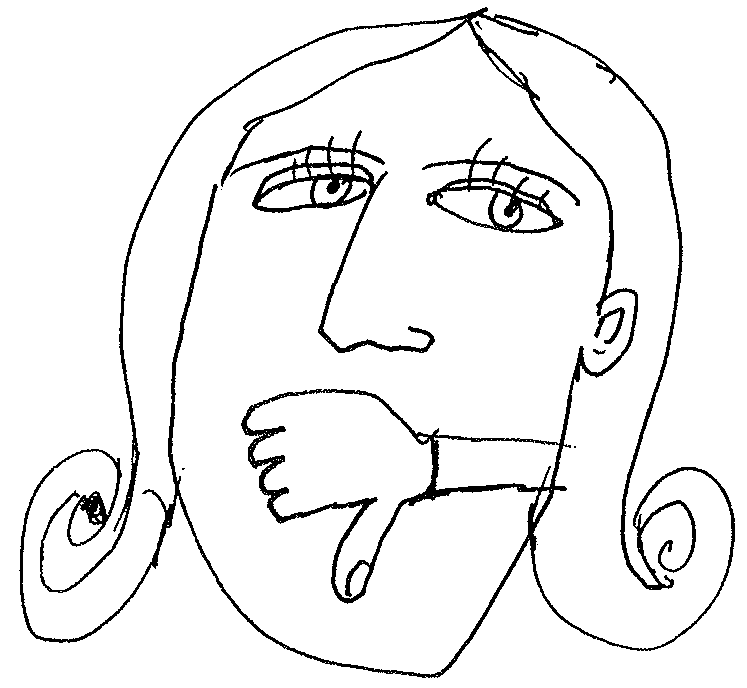In Richard Yates’ 1962 novel, Revolutionary Road, a young, educated East Coast couple, Frank and April Wheeler, living in a ho-hum starter home somewhere in the New York City suburbs, relaxes over drinks one evening with another such couple, the Campbells. Dampening their boozy conversation is April’s recent so-so lead performance in a miserable amateur-theater production—a failed attempt at bringing Bohemian flair to her and her inner circle’s tedious lives. The couples, pressed for things to say, talk politics, bemoaning the “reactionary” local school board, as Frank drifts off and remembers better evenings when they also talked politics, but with more zeal. He recalls spirited discussions of “the cancerous growth of Senator McCarthy,” how “after politics had palled, there had still been the elusive but endlessly absorbing topics of Conformity, or The Suburbs, or Madison Avenue, or American Society Today.”
It’s all quite depressing, like the novel itself, a portrait of alcoholic self-delusion and emotional emptiness among the grasping, striving, forward-thinking, white American commuting class. Revolutionary Road is a novel the Wheelers themselves might read, and for much the same elevating reasons that April acted in the sad play and that she and her circle clip political articles from The Guardian. Theirs is a culturally self-conscious milieu, roughly the one depicted in The Great Gatsby, everything ever written by J.D. Salinger, Who’s Afraid of Virginia Woolf by Edward Albee, and 90 percent of the work of the three Johns: O’Hara, Cheever, and Updike. It’s a milieu so pitilessly, exhaustively, and unendingly fictionalized and dramatized—even to this day; see Jonathan Franzen—that one is amazed it can still bear to exist, let alone take its own existence seriously, let alone demand that the rest of America and, indeed, the world take it as seriously as it takes itself.
If the Wheelers were alive today—and they very much are, still deploring right-wing school boards, still quoting from The Guardian, still cultivating their inner lives while grubbing for corporate paychecks in the city—one can easily picture the signs stuck in their lawn, the Ukraine flags festooning their social-media avatars. Nothing material has changed, and very little has changed rhetorically. In the same way the Wheelers tut-tut about the suburbs while remaining ensconced in them, the class that most keenly despises its own privilege still indulges its greatest privilege of all: forcing us to listen to what it thinks. It’s almost as though the effect of endless self-criticism is boundless self-satisfaction and total inertia. But how can this be? It violates cultural law! Aren’t students taught in the very schools and colleges that supply this thoughtful class with its credentials that serious art fosters critical self-knowledge and critical self-knowledge fosters change?
“If the Wheelers were alive today … one can easily picture the signs stuck in their lawn, the Ukraine flags festooning their social-media avatars.”
